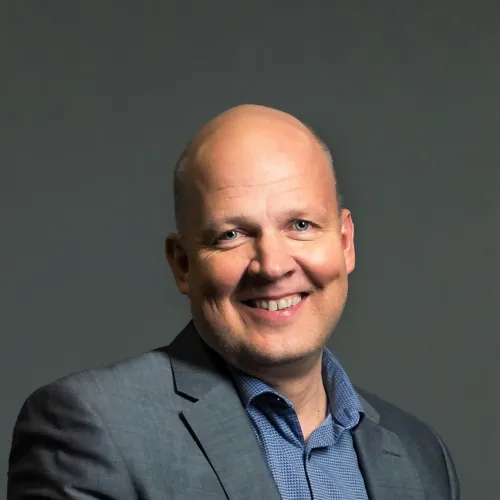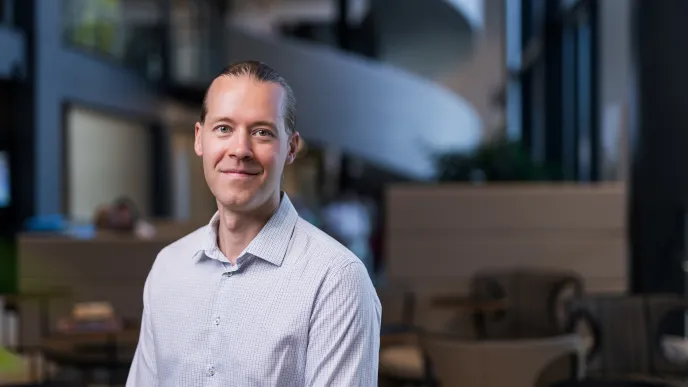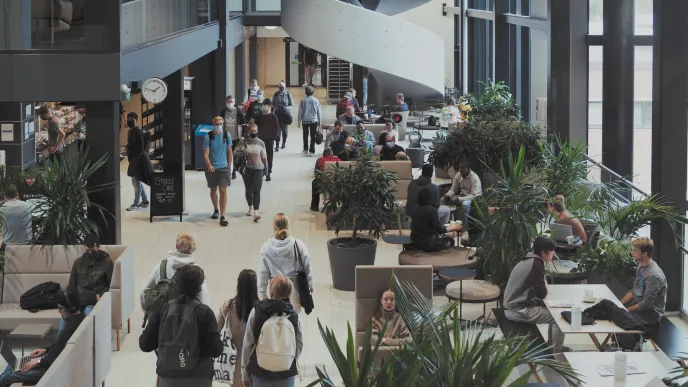The newsletter is your guide to what's happening on LUT campuses and the student community as well as to bachelor's and master's programmes updates and admission instructions. Newsletters will be delivered to your email once a month.
Professor Juha Väätänen of the LUT School of Business and Management says that for LUT, REDI means branching out to new, long-term doctoral training collaboration. Väätänen is the programme head at LUT's end.
"Doctoral training is one of the best forms of collaboration. It includes high-level applicants, commitment to long-term cooperation, and new consortium partners. We will produce high-quality publications and new doctoral graduates and may be able to launch new collaboration initiatives."
All of the junior researcher vacancies at LUT are in the field of business. The junior researchers will work as doctoral students preparing their theses on the circular economy, digitalization, sustainable development or international business.
According to Väätänen, corporate partners are the special advantage of the REDI research consortium and one of the keys to its success. All of the appointed junior researchers will have a chance to collaborate with corporate partners.
The collaboration will take place with local corporate partners. In Finland, Digital Media Finland, Miksei, RePack and LUT INERCOM with its extensive network are involved in the programme.
Double doctoral degree
The REDI doctoral training programme is now open for application.
The programme's doctoral students will prepare a dissertation in their research field. Based on the dissertation, they will receive a double doctoral degree from LUT and RMIT. The students will have two supervisors – one at LUT and one at RMIT.
Research fields available to the doctoral students:
- International business and sustainable management; supervised by Professor Juha Väätänen, LUT
- Cross-border digital business models; supervised by Professor Juha Väätänen, LUT
- Sustainable business management; supervised by Professor Henri Hakala, LUT
- Circular economy and digitalization of business; supervised by Professor Mikko Pynnönen, LUT
The students spend their second year in Australia. All students and supervisors in the programme meet once a year for a five-day research seminar.
Third time's the charm
The door for REDI opened as a result of determination.
"We took part in a highly competitive annual EU funding call. About 10 to 15 per cent of applications are approved. LUT has taken part in the call three times as a part of different research communities, and the third time resulted in financing. The REDI consortium's application was the best one of the autumn 2020 call. Persistency pays off," Väätänen says.
Väätänen has great expectations for productive long-term cooperation with good universities, talented students and highly qualified supervisors.
"It's a unique opportunity for high-quality international research collaboration. The international competition for each junior researcher position will be intense, and we will receive a great deal of applications. This is a chance to get top-level doctoral students."
The REDI doctoral training programme is funded by the EU's Marie Skłodowska-Curie Actions (MSCA) COFUND Grants.
What's it all about?
- RMIT = Royal Melbourne Institute of Technology. Global university of design, technology and business with over 84 000 students and 10 000 teachers and staff members.
- RMIT Europe = RMIT University's European hub. RMIT Europe leads several research projects, one of which is REDI = European Doctoral Innovators.
- REDI is a network of 24 academic partners in 11 countries. The Finnish participants are the LUT School of Business and Management and Aalto University.
- REDI offers 41 positions in fields ranging from business to art.
- The budget of REDI is 8 895 360 euros.
More information:









